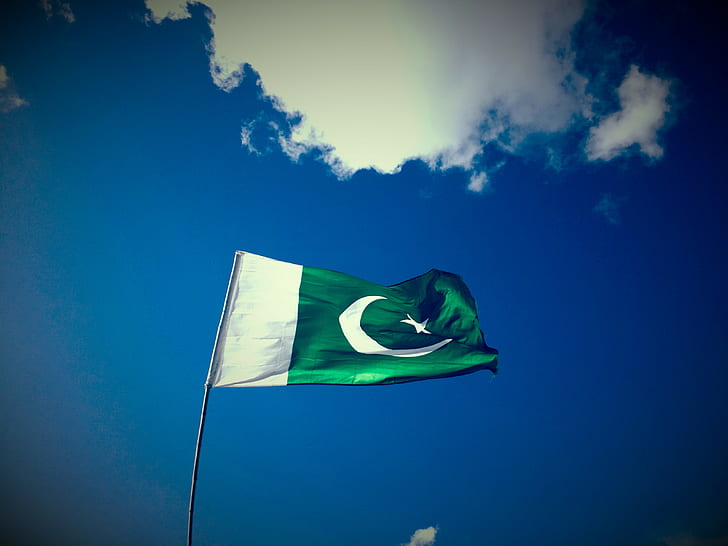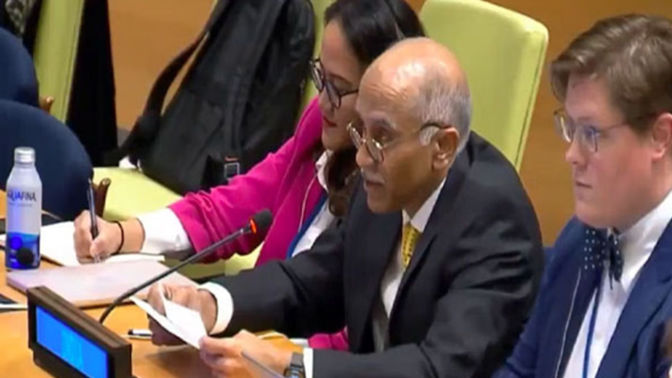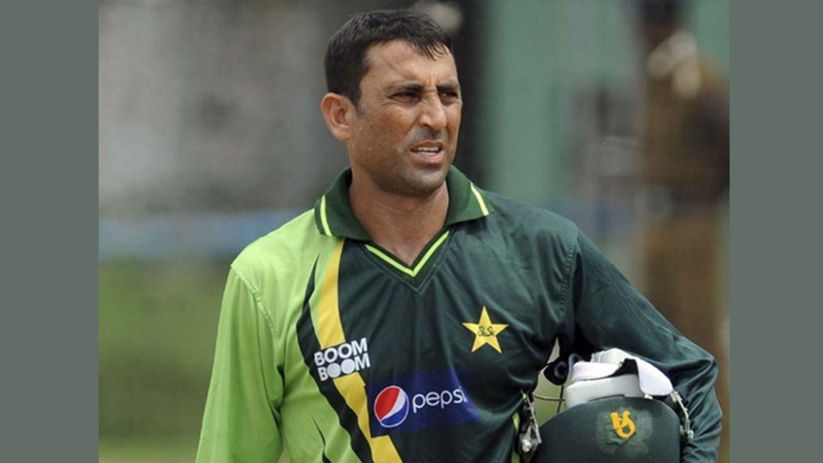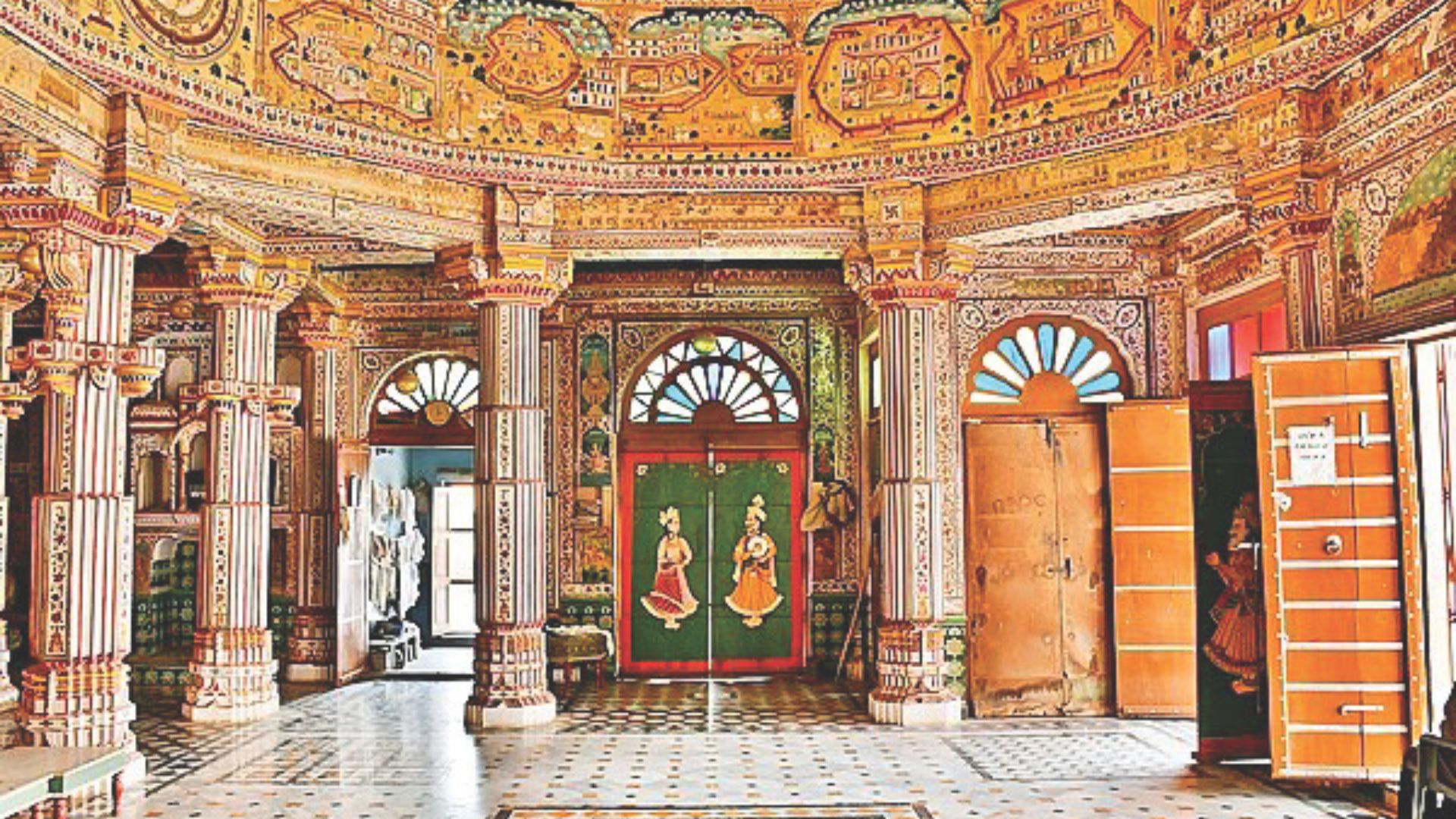
The sophisticated system of education in Pakistan for women is still an elusive dream as the government has been negligent in making relevant arrangements that can close the gender gap with significant improvements. Experts believed that the widespread poverty and unsafe social environment also create hindrances for women to seek education and gain financial security, Daily Times reported.
The experts said that women couldn’t access education or also could not access their free will and choices of life because of the widespread poverty and unsafe social environment. These issues create hindrances for women to step out, seek education and gain financial security. Pakistan has still made no progress since its last year’s Global Gender Gap Index report as in this year, the country ranked the second-worst country in terms of gender parity. Pakistan ranked 145 out of 146 states in the Global Gender Gap Index. Last year, Pakistan ranked 153rd out of 156 countries on the index.
The patriarchal nature of the society and regressive cultural norms in Pakistan has led the country to stand in the second last position. In Pakistan, a woman is not given equal access to education, health, and other economic opportunities as she is considered to be a weak segment of society that should not be given the liberty to exercise her free will and choices in life, reported Daily Times.
In the Global Gender Gap Report which was released by World Economic Forum, Pakistan is placed in the 145th spot in a survey of 146 countries.
As per the statistics, Pakistan has 107 million women and the country closed at 56.4 per cent in the report’s gender gap index. The report observed, “this is the highest overall level of parity Pakistan has posted” since the launch of the global gender gap report by WEF in 2006.
Meanwhile, the report titled “25 Million Broken Promises” by Alif Ailan (an alliance that works for education reform) informed that there are currently 25.02 million boys and girls between the ages of 5 and 16 who are not in school. It has been observed that among these children, 13.7 million (55 per cent) were school girls and 11.4 million (45 per cent) were school boys.
This report suggests that boys were given more preference over girls in terms of education. Roshaneh Zafar, founder and managing director of Kashf foundation complained about the low literacy rates of women in the country. “The perceptions that investing in girls’ education does not result in the economic uplift of families deter parents from sending girls to school”, she said. She further added that there is a need to raise awareness of the importance of educating women and girls and the positive results it brings to women and their families.















